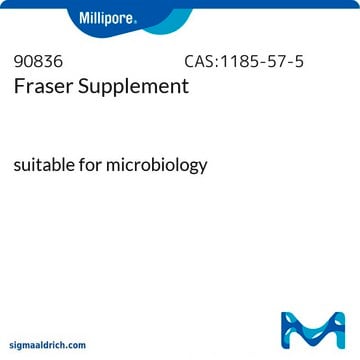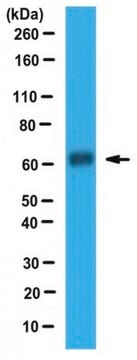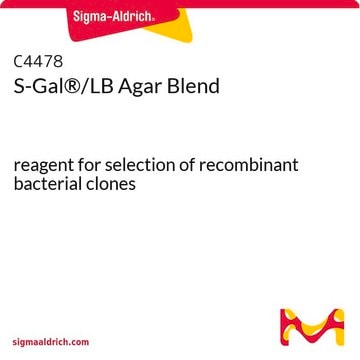F5879
Ammonium iron(III) citrate
reagent grade, powder
Synonym(s):
Ammonium ferric citrate, Ferric ammonium citrate
About This Item
Recommended Products
grade
reagent grade
form
powder
composition
Iron, 16.5-18.5%
cation traces
Fe: 16.5-18.5%
SMILES string
N.OC12CC(=O)O[Fe](OC(=O)C1)OC(=O)C2
InChI
1S/C6H8O7.Fe.H3N/c7-3(8)1-6(13,5(11)12)2-4(9)10;;/h13H,1-2H2,(H,7,8)(H,9,10)(H,11,12);;1H3/q;+3;/p-3
InChI key
FRHBOQMZUOWXQL-UHFFFAOYSA-K
Looking for similar products? Visit Product Comparison Guide
General description
Application
Storage Class Code
11 - Combustible Solids
WGK
WGK 1
Flash Point(F)
Not applicable
Flash Point(C)
Not applicable
Certificates of Analysis (COA)
Search for Certificates of Analysis (COA) by entering the products Lot/Batch Number. Lot and Batch Numbers can be found on a product’s label following the words ‘Lot’ or ‘Batch’.
Already Own This Product?
Find documentation for the products that you have recently purchased in the Document Library.
Customers Also Viewed
Our team of scientists has experience in all areas of research including Life Science, Material Science, Chemical Synthesis, Chromatography, Analytical and many others.
Contact Technical Service










